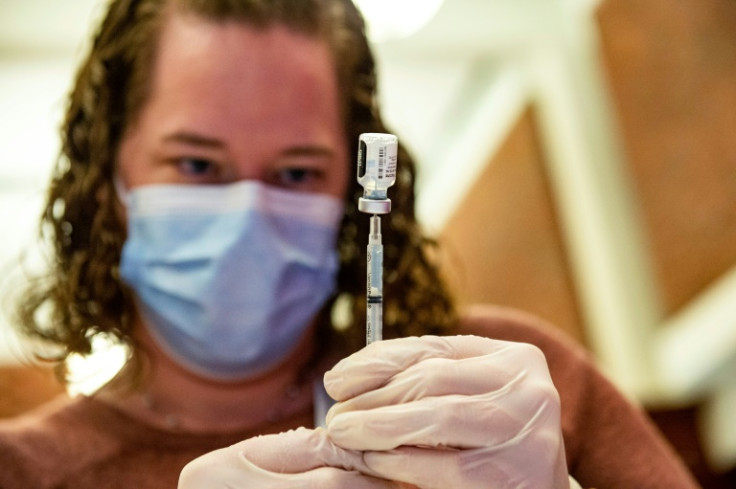Are You Suffering From Long COVID? Symptoms To Watch For

Nearly 1 in every 5 adult Americans who have been infected with COVID-19 are suffering from symptoms of the virus long after they have tested negative for an infection in what is known as long COVID.
Long COVID or long-haul COVID can produce a wide range of symptoms in people that can last for weeks, months, or longer after their virus has cleared. These lingering effects are providing a challenge to health experts who are unsure why long COVID happens in some people and not others.
Because the cause of long COVID is mostly unknown, treating the condition has also become a mystery. It is also impossible currently to test for long COVID, with some studies focusing on identifying specific markers in the blood or spike proteins from the virus to identify the disorder in some people, USA Today reported.
According to the Centers for Disease Control and Prevention (CDC), individuals can experience long COVID even if they have had a mild illness or no symptoms from COVID-19. The agency also said that people who have not been vaccinated against the virus may be at a higher risk of contracting the condition.
Symptoms of long COVID vary greatly by person and sometimes go away and come back again. It is often associated with other health issues and can even result in a disability, the CDC said.
Typical symptoms of long COVID include fatigue that can interfere with daily life, fever, and worsening symptoms after mental or physical effort.
Long COVID can also affect the respiratory system and the heart, causing difficulty breathing, shortness of breath, cough, chest pain, or heart palpitations. People have also commonly complained of brain fog – a common symptom that can cause difficulty thinking or concentrating, like mental fuzziness.
Headaches, sleep problems, lightheadedness, a pins and needles feeling, change in taste or smell, and depression or anxiety are also associated with long COVID. Digestive symptoms are also common with long COVID sufferers, with many reporting cases of diarrhea and stomach pain. The CDC also suggests that joint or muscle pain, rash, and changes in menstrual cycles can occur.
Other concerns that can present include new health conditions such as diabetes, heart conditions, or neurological conditions, according to the agency.
It is thought that people who have had more severe bouts of COVID infections may be more at risk for long COVID, as well as those who have underlying health conditions or experience multisystem inflammatory syndrome during or after a COVID illness.
The CDC maintains that the best way to prevent long COVID is to get vaccinated against the virus and to stay up-to-date with all shots to help prevent infections.
"Research suggests that people who are vaccinated but experience a breakthrough infection are less likely to report post-COVID conditions, compared to people who are unvaccinated," the CDC said on its website.
The CDC said it is working to understand more about long COVID and why some people are at a greater risk of contracting the condition.
© Copyright IBTimes 2025. All rights reserved.





















